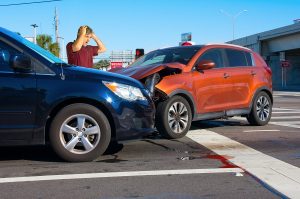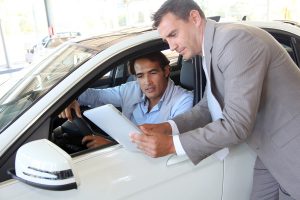You better talk to your Insurance Agent about your new College Student.
Raising children can be an amazing experience, full of milestones and accomplishments. None are larger than graduating from high school. When your child does graduate from college, if they are planning to head off to college, you better sit down and talk to your insurance agent about how to most effectively navigate the next five years of your child’s life. Here are six tips for taking care of your child while they are away at college.

Contact Your Insurance Professional
If you have an insurance agency that you partner with you should contact them around graduation time if you have not already done so. You will need to discuss what options you have for both their car and health insurance, as well as what behaviors you need to let your child know about related to risk management and insurance.
Understand the Risks Your Students Faces
It is important to talk to your teen about the risks they face when living away from your house out on their own. It is equally important to talk to them about the costs associated with their actions and what repercussions they will face if something happens that causes insurance rates to go up. Teens often forget that the cost of owning a car includes auto insurance. Explain what a driving infraction is and how it impacts the rate you pay for insurance with numbers and concrete examples.
Shop Around
The best way to shop around for better price and coverage is to partner with an independent insurance agent. Many agents partner with one insurance carrier (captive agents) and some partner with a select few insurance carriers. This limits the amount of policies they can find for your businesses unique insurance needs. Most independent insurance agencies partner with ten or more insurance carriers. Some partner with even twenty or thirty carriers. From your perspective, the more the merrier. This is because you can call one agent and they can come back to you with numerous quotes from multiple carriers. This causes more competition and can get you better coverage at rock bottom rates.
Is your teen going away to school and are they taking a vehicle?
When your teen heads away to college, you may be eligible for lower premiums if they leave the car behind. In some cases parents will do this for the first semester or even the first year as a trial period. Once the child shows some responsibility and hopefully good grades the parents allow them to take a vehicle away with them. No matter what you decide to do for your child, it is important to keep your insurance agent and carrier in the loop.
Keep Your College Student on Your Own Policy
In most cases, it is less expensive for parents to add a college student to their insurance policy than it is for students to purchase insurance on their own. Multi-vehicle discounts are available when insuring your college student’s car with the same insurance company.
Increase Your Liability Insurance
When a college student gets into a car accident, the state minimums for liability insurance are not always enough to protect your and your child if they are sued for damages. If you have a minimum policy with $15,000 for damages and $20,000 for medical; the damages from a serious accident can be more than this amount fairly easily. Many vehicles on the roads cost more than $15,000 and a weeks stay in a hospital can total $20,000. If your college student is found to be negligent in the accident and the damage exceeds the limits of your policy, you can be held financially responsible for the remaining damages. Raising your liability limits may increase your premium by a few hundred dollars a year, but it may save you thousands when your college student causes an accident.
Ask about a discount for Good Grades and Driver Training
If your child is a good student or they have up to date driver training, it may be worthwhile to mention this to your agent when purchasing coverage for your college student. Most carriers give a discount to students who maintain at least a “B” average. Another way to earn a discount is by having your teen take a recognized driver training course.





